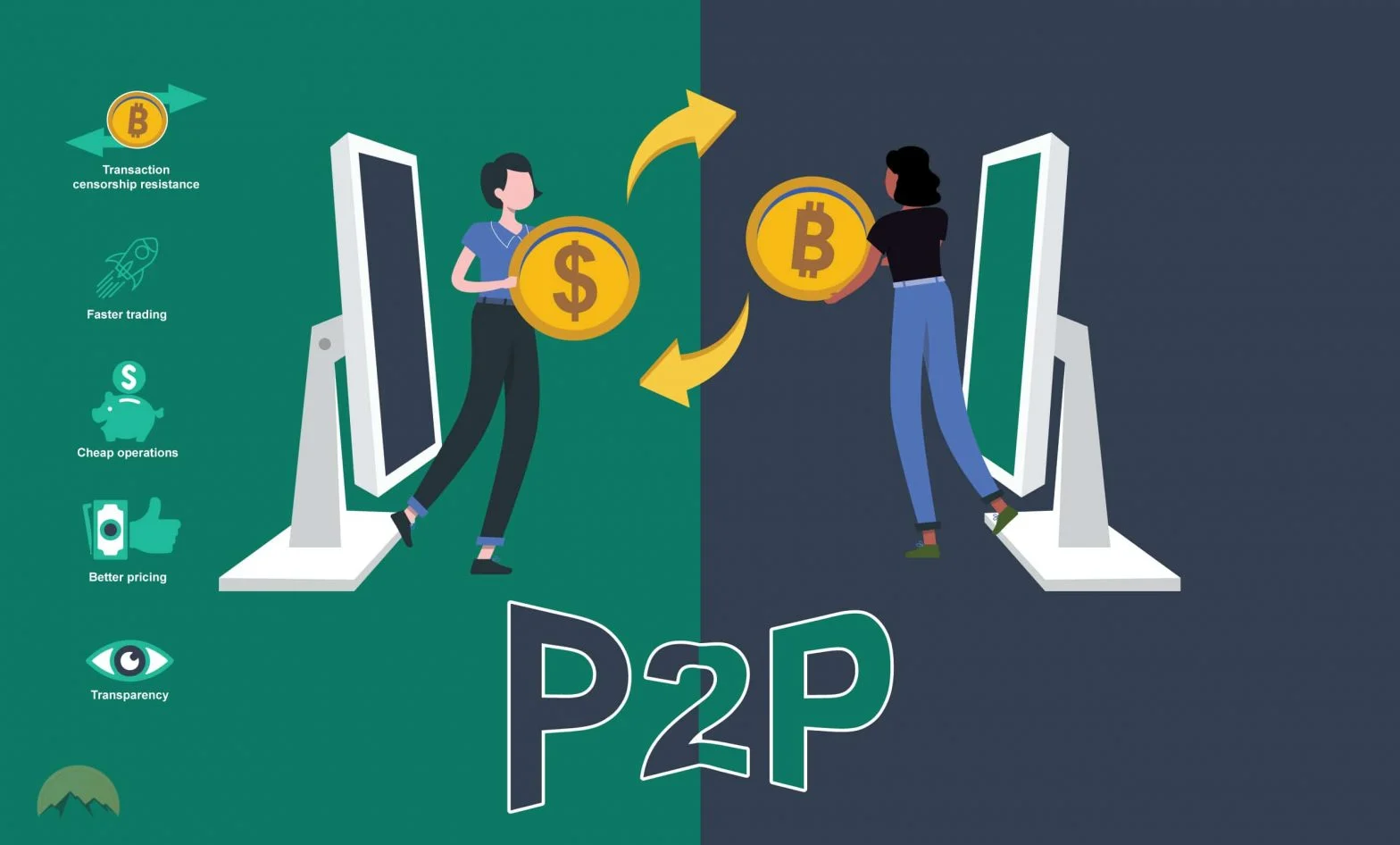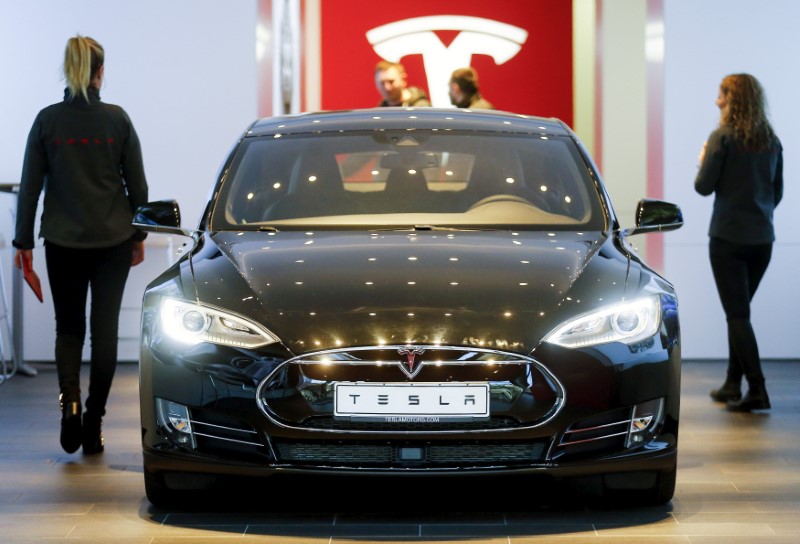Brazil’s telecom regulator threatens to sanction Starlink, intensifying tensions with Elon Musk after a court upheld the ban on social network X
Brazil’s President Luiz Inacio Lula da Silva also supported the decision of the Supreme Court’s Judge Alexandre de Moraes to suspend X. The judge determined that X permitted the dissemination of falsehoods and hateful messages regarding Brazil’s electronic voting system, which harmed the country’s democracy.

Lula stated in an interview with CNN Brasil that the Brazilian judiciary may have sent a significant message that the world is not obligated to tolerate Musk’s far-right ideology solely because he is wealthy.
In an X posting, Musk responded to the judge’s previous decision to suspend Starlink’s accounts to potentially use the funds to pay fines owed by X. He stated that he would pursue a reciprocal seizure of Brazilian assets, but he did not specify the method.
On Monday, Starlink was once again the target of Brazilian authorities when it refused to comply with Moraes’ directive for all internet providers to restrict domestic access to X.
According to a senior official at the Brazilian telecommunications regulator, Anatel, Starlink may face noncompliance sanctions, such as revoking its license to operate in Brazil.
Artur Coimbra, the commissioner of Anatel, informed Reuters that the regulator is inspecting all Brazilian telecommunications companies to ensure that they have terminated Musk’s messaging platform.
According to Coimbra, Starlink is the sole organization that has informed Anatel that it will not adhere to the judge’s decision.
On Monday, Starlink did not promptly respond to a request for comment.
The telecom regulator informed Reuters earlier on Monday that it had previously informed Anatel that it would not remove X from its service until the freeze on its Brazilian bank accounts was lifted.
Starlink’s accounts were frozen by Moraes last week after X failed to pay penalties for violating judicial orders.

A Supreme Court panel unanimously upheld the suspension of X in the country for defying a court order earlier on Monday.
Last week, Moraes ordered that X be suspended in Brazil due to its failure to designate a local legal representative as mandated by law and its disregard for a compliance deadline.
Justice Alexandre de Moraes was supported by Justices Flavio Dino, Cristiano Zanin, Carmen Lucia, and Luiz Fux. The suspension could be lifted if the platform adhered to previous rulings, according to three of the justices on the panel.
X did not promptly address a request for comment regarding the panel’s decision.
In the early hours of Saturday, X was removed for most Brazilians in response to Moraes’ decision, even though some individuals accessed it through VPNs and other methods. Moraes also intends to impose a daily fine of 50,000 reais ($8,902.66) on individuals who use VPNs to access the social network. However, the enforceability of this threat is still uncertain.
According to Statista, Brazil is the sixth-largest market in the world for X, with approximately 21.5 million consumers as of this April.
After the social media platform challenged orders to block accounts accused by investigators of disseminating misinformation and hate, Moraes and Musk, who own a controlling share in Starlink, have been embroiled in a months-long feud.
Moraes’ supporters regard him as a crusader in the fight for democracy, while his detractors accuse him of employing oppressive tactics against politicians and corporations.
Musk has contended that Moraes attempted to censor users and closed the X office in Brazil in August without appointing a new representative, which resulted in the suspension.
Musk responded to a post on Monday by stating, “Exactly,” in response to the assertion that the suspension was an assault on the rights of Brazilians and freedom of expression.
Chief Justice Luis Roberto Barroso, who was not a member of the review panel, stated that the act of removing legal representatives to evade complying with court decisions is “an action that would be unacceptable in any country.”
The majority of consumers in Brazil were unable to access X.



